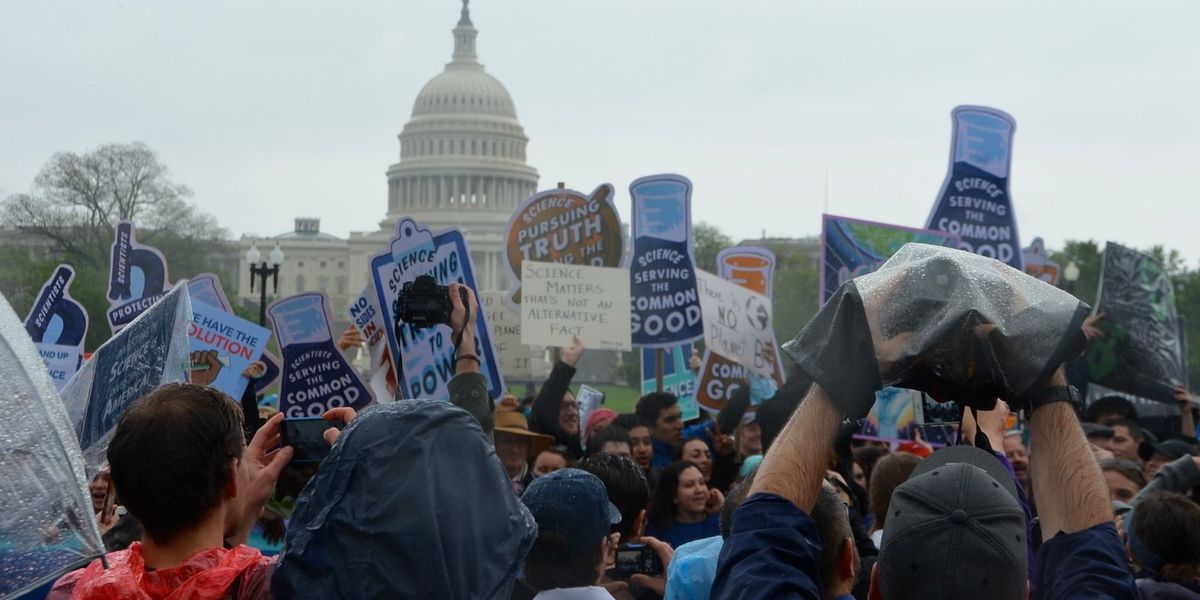
The clock is ticking on Trump's ability to challenge the hydrogen tax credit
Over 100 organizations are asking Congress to keep the credit.
President Donald Trump has the opportunity to challenge the Biden administration’s hydrogen tax credit rules under the Congressional Review Act, but the clock is ticking.
The act only allows for changes within 60 days of the rules’ publication. On March 4, time will run out.
Last week representatives from 117 trade associations, energy companies, and hydrogen hub projects issued a letter to Congress and the Trump administration asking them to keep the federal hydrogen tax credit.
The tax credit was originally proposed in the Inflation Reduction Act of 2022 and aims to incentivize clean production of hydrogen and allow hydrogen to compete with cheaper, traditional energy sources, like fossil fuels. The push for hydrogen was proposed as a decarbonization solution for difficult-to-electrify industries like steel making, construction, and heavy trucking.
As Trump halts renewable energy policies, proposes the development of a fossil fuel-friendly “energy dominance council,” and slashes federal funding across sectors, hydrogen stakeholders worry that the U.S. government’s commitment to hydrogen energy could be at risk.
“Representing the full diversity of the American hydrogen industry, we stand ready to work with you to implement President Trump’s bold energy dominance agenda,” the letter authors wrote.
The letter highlights why the signees believe that the hydrogen credit should be preserved, including its potential to drive economic development, increase “energy abundance,” and protect national security. The authors state that the American hydrogen industry “could generate 700,000 jobs by 2030” and “generate $140 billion in revenue.” Signees included groups like the American Petroleum Institute, the American Chemistry Council and three of the nation’s seven federally-funded hydrogen hubs.
When the tax credit was originally proposed, it held bipartisan support and still does in many states. That broad support was evident during development of the nation’s seven federally-funded hydrogen hubs, but the hubs have now entered a state of uncertainty as Trump and Elon Musk, tech billionaire and leader of Trump’s special commission tasked with slashing federal spending, overhaul federal agencies. Funding for these projects is supposed to be doled out in four phases over the next 10-12 years from the Department of Energy.
The rules for the credit were finalized in January, near the end of the Biden administration, by the U.S. Department of Treasury and the Internal Revenue Service and received a mixed reception from industry groups and environmentalists. Industry groups had requested more pathways for natural gas use in hydrogen and less stringent requirements for clean hydrogen production, while environmentalists had asked for a stronger emphasis on using renewable energy sources rather than fossil fuels in hydrogen production, and more stringent rules for emissions calculations.














